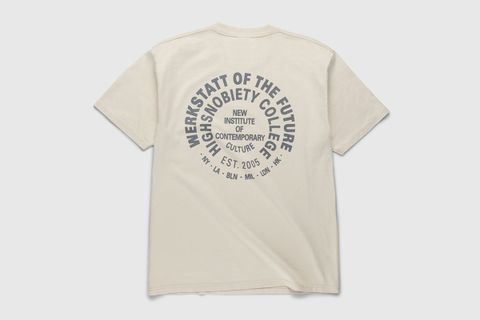TBH, Merriam-Webster's Slang Is Boomer AF
Somebody, anybody — please let the boomers over at Merriam-Webster know that no one uses "FTW" anymore.
The reference book company is adding 455 new words to the dictionary, including some hilariously outdated internet slang.
"We’ve been communicating online for decades now, and pandemic-related circumstances have only increased the practice," Merriam-Webster's announcement reads. "The quick and informal nature of messaging, texting, and tweeting has contributed to a vocabulary newly rich in efficient and abbreviated expression."
The vocabulary in question? Merriam-Webster seems to think we're still using "amirite," "TBH," and "Copypasta," all of which are now dictionary-sanctioned words.
Other bewildering entries: "dad bod," "otaku," and "fluffernutter," which apparently isn't a euphemism for a sex act, but rather a peanut butter and marshmallow fluff sandwich.
Granted, there are also some timely additions.
"Vaccine passport" and "super-spreader" are a testament to the far-reaching impact of COVID-19, and "whataboutism" — the practice of shirking responsibility for wrongdoing by claiming that someone else's offense is similar or worse — speaks to a certain type of rhetoric that cancel culture has given rise to.
Some words I'd like to see added before 2023: cheugy, finsta, Karen, snatched, fire, sus.
Also, when will the dictionary add emojis? I need Merriam-Webster to acknowledge the cultural grip of "two fingers touching," for example.
"FTW" and "amirite" were popular five years ago, but they're rarely used now. The disparity between Merriam-Webster's new additions and the vocabulary most people actually use these days begs the question: how long does it take for the company to vet new words?


